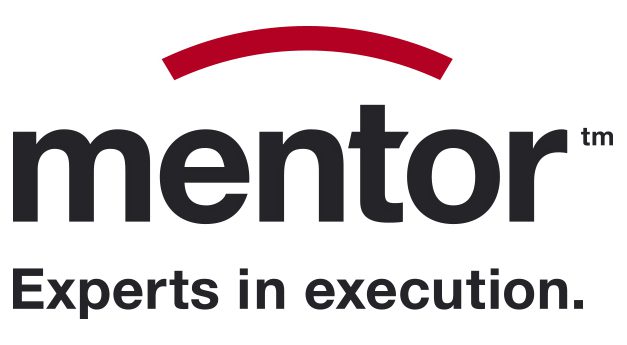Program Culture: the way we do things around here . . .
Some features of a company’s culture can affect people’s behaviour on Programs in helpful – and unhelpful ways.
Is the company culture – “can-do”, fear-driven, political, sales-centric, wild optimism, or indifferent?
If the leadership doesn’t handle bad news well, it usually creates a lot of anxiety – and people just clam up. They tend to withhold critical program information for fear of being humiliated or criticised.
In some cases, they may even worry about being fired from their job.
People will always opt for self-preservation, if they are anxious or scared. No one wants to look bad, so they’ll bend the truth.
Green-Shifting
This is where the “green-shifting” stories start. Program milestones that should be Deep Red – because they are out of control – are reported as Green or going well.
This happens because people think there’s little point in reporting problems to an executive who is unpredictable or irrational when confronted by bad news.
Instead, they reason everything will probably be back on track before the next program review, so there’s little point in poking the bear and risking a personal hammering.
But what if things are not back on track by the next review – and a few more activities have also gone off-piste in the meantime?
Will the team confess or persevere with the green-shifting story? Tricky. So now what?
If the team believe there’s a good chance the original problem – and the new ones – will be cracked by the next review, they may stick with the “green” story.
That may work – but what if the problems are more serious than anyone originally thought? And they are still not fixed. Now the team has a real dilemma to handle.
Cover-ups become more ingenious as time goes by, and teams dream up new ways of spinning bad news.
Facts are sometimes concealed for months on end – like surgical plasters on a gaping wound. No one can remember the truth anymore.
Fairy stories
What’s intriguing is: management’s capacity to swallow misleading information and fairy stories – for such a long time.
In many high-profile program execution post-mortems, the company leadership frequently say they were misled by the program team.
When the truth finally comes out, it’s often too late. And instead of asking why all this fake news happened, there’s often a race to chew out the so-called “culprits”.
Business-critical programs are hard enough without having to filter out the sort of “unfactual facts” that flow from fear-driven or over-optimistic cultures.
It’s essential to have a tough and challenging program set up – but not at the expense of frank and open conversation.
People must be encouraged to focus on the facts, not on stories covering up bad news.
Nothing tanks workplace culture faster – than fear or over-optimism. It’s a real drain on productivity.
No company can afford the destructive chain-reaction that follows running unfactual facts to ground, across an organisation.
Management should expect to deal with problems and, if people feel safe, trusted, and supported, they will always play a constructive role in solving problems – faster.
A little bit of magic
So, rather than react – it’s always smart to tone things down a few notches and respond constructively.
And remember always when emotion goes up, intelligence goes down.
So, why do some groups add up to be greater than the sum of their parts, while others add up to be less?
The answer lies in a strong team culture – one of the most powerful forces on earth. We know when it’s present and we know when it’s missing – or toxic.
We also know that successful team cultures can look and feel like magic, but the truth is they’re not.
Culture is a set of living relationships, working toward a shared program strategy and objective. It’s not something you are. It’s just something you do. You live and hold yourself accountable to it every day.
And if enough of the team do it, that’s what looks like – and feels like – magic.
Additional reading:
Insight guide: Don’t drop the ball – the 5 balls that you can’t afford to drop in program execution
Video interview: Failure is not an option – David Hilliard, Mentor CEO’s interview with Total Telecom

